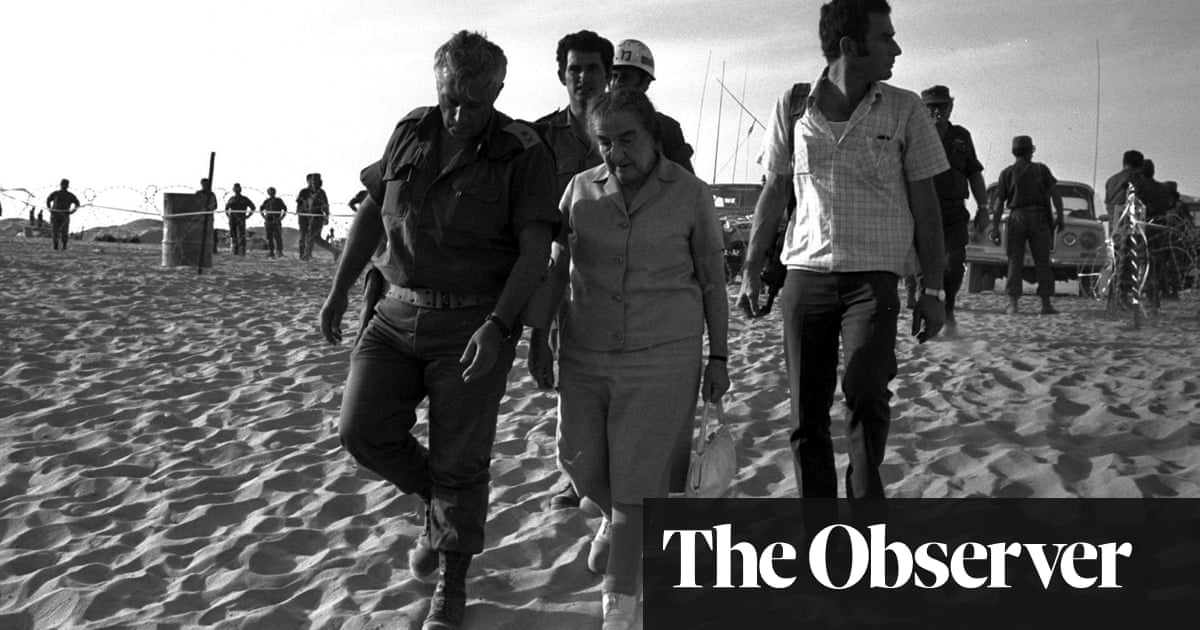
The uncovering of a terrorist cell in the Jordanian city of Salt, west of the capital Amman, two weeks ago — a day after a homemade bomb exploded in a police patrol car in a neighboring town, killing one policeman and injuring six others — was a stark reminder that, while the war against Daesh in Syria and Iraq may be entering its final chapter, the fight against extremism has a long way to go.
The storming of a building where members of the terrorist cell were entrenched resulted in the deaths of four security personnel and three suspected terrorists, whose bodies were found in the remains of a building that they blew up during the confrontation. Five suspects were also arrested. Dozens of civilians were injured in the process.
This was the worst terrorist attack in Jordan since Daesh sympathizers attacked police officers and barricaded themselves and 14 hostages inside the Crusader castle in Kerak in the south of the country in December 2016. Eventually, the terrorists were killed, along with a female tourist from Canada and nine other people, mostly members of the security forces.
In both cases, it was revealed that the terrorists were all Jordanian nationals with direct or indirect connections to Daesh. Following the Salt operation, Jordanian authorities carried out a number of raids against suspected sleeper cells.
The latest terrorist attacks coincided with major military losses by Daesh in southern and eastern Syria. A week before the latest incident, on Aug. 2, Jordan’s armed forces announced that it had engaged and killed several Daesh members while they were trying to cross the Jordanian border from the Syrian side.
What happened in Jordan — a state with strong armed forces and counter-intelligence abilities — could happen in other countries in the region and beyond. As Daesh disintegrates as an organized fighting force in Syria and Iraq, the danger of sleeper cells and fanatic sympathizers grows bigger. Daesh fighters are believed to have regrouped in the southern Syrian desert and in the vast empty plains of Al-Anbar province in western Iraq.
The danger now is that some of these groups will attempt to carry out hit-and-run raids across borders, attempt to infiltrate neighboring countries, mingle with refugees, and communicate with sleeper cells across the region. While there will not be a repeat of the retaking of vast territories such as what happened in Mosul and Raqqa in 2014, limited raids against security personnel or soft civilian targets remain a possibility.
As Daesh disintegrates as an organized fighting force in Syria and Iraq, the danger of sleeper cells and fanatic sympathizers grows bigger.
Osama Al-Sharif
The Jordan incident raises another major challenge for all countries: The repatriation of foreign fighters from Syria and Iraq, which were once estimated to number 40,000 from more than 100 countries. The number of foreign fighters still in both countries is unknown, but there are tens of thousands of fighters now under siege in Idlib in Syria with nowhere to go.
The number of Jordanian fighters who are still in Syria is in the hundreds and possibly even the thousands. The government faces a tough choice, as many of them have asked that they be allowed to return. What to do with them if they do return is a major security challenge. The process of rehabilitation will prove risky and difficult, and there are no guarantees that those who are cleared of major crimes can be allowed back into society.
The same challenge faces other Arab and European countries. Tunis, for instance, has taken the decision not to allow its nationals who fought in Syria to return. Other countries are considering withdrawing citizenship rights from nationals who joined Daesh or other groups. But the question remains: What will become of those who are made stateless?
The other long-term challenge is finding ways to confront religious radicalism, which remains a major threat that spans the entire globe. Creative thinking is needed to recover the spirit of tolerance, openness and acceptance of others in future generations. This is something that no one country can do on its own. Collective work will be needed at grassroots level to eradicate dogmatic ideologies that have taken over from centrist and moderate doctrines that define Islam as a universal and peaceful religion. This is not an easy task, especially as extremists resort to social media outlets to spread their toxic beliefs and attempt to recruit members and sympathizers.
In Jordan, as well as in other countries, dedicated centers to counter radicalism have been created. Their work should not be limited to monitoring and profiling suspects, but should include developing strategies to protect younger generations from becoming easy prey to peddlers of hate, extremism and death. The focus should be on openness and tolerance, which are at the heart of the great religion of Islam.
• Osama Al Sharif is a journalist and political commentator based in Amman. Twitter: @plato010
Disclaimer: Views expressed by writers in this section are their own and do not necessarily reflect Arab News" point-of-view












